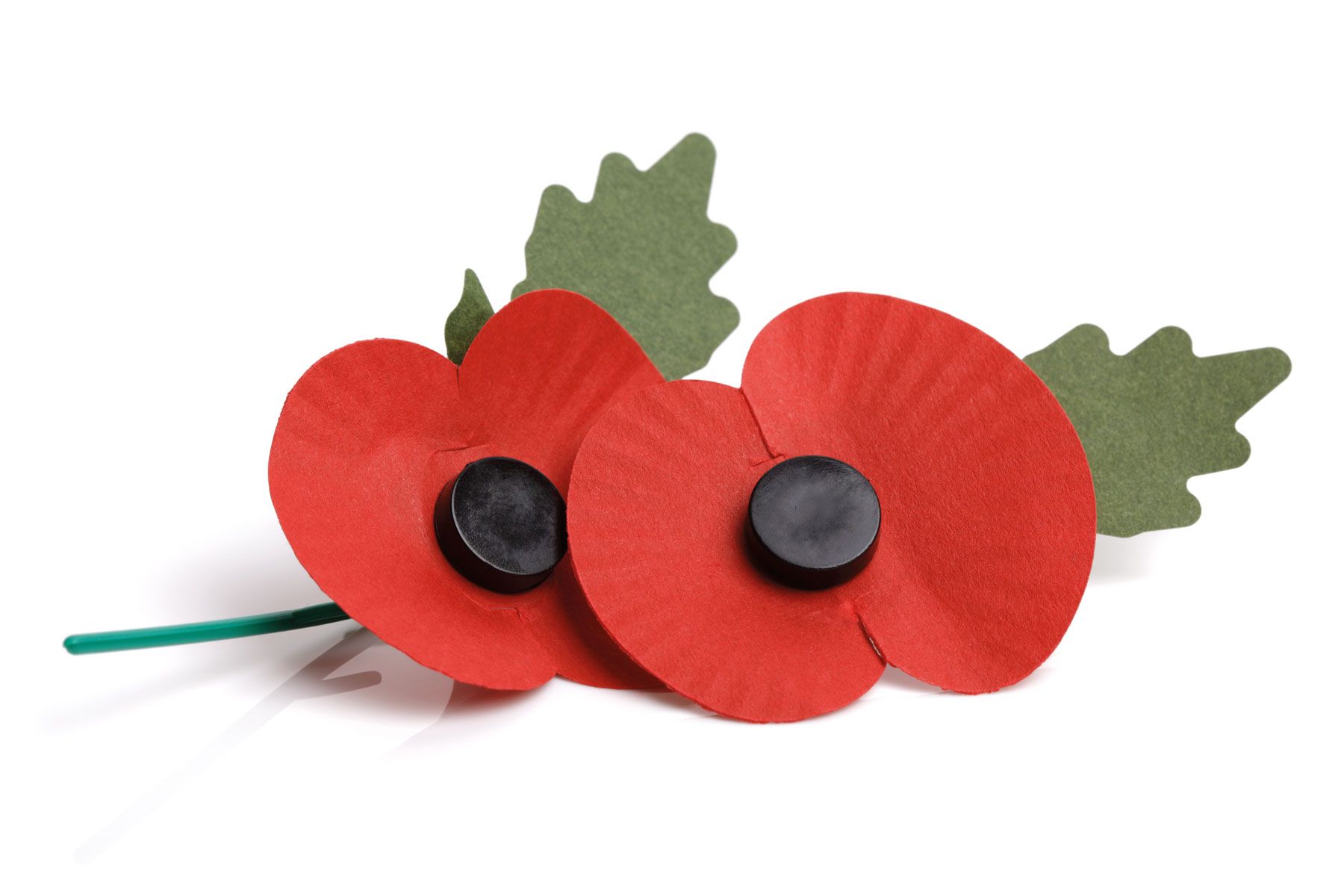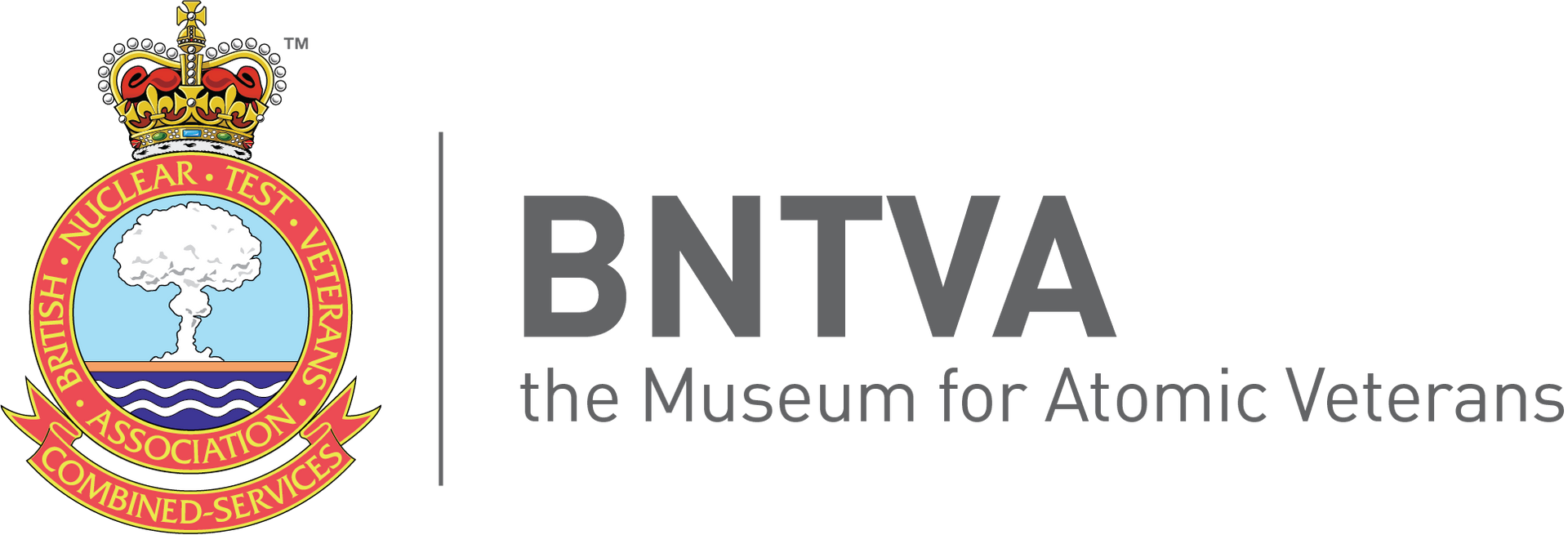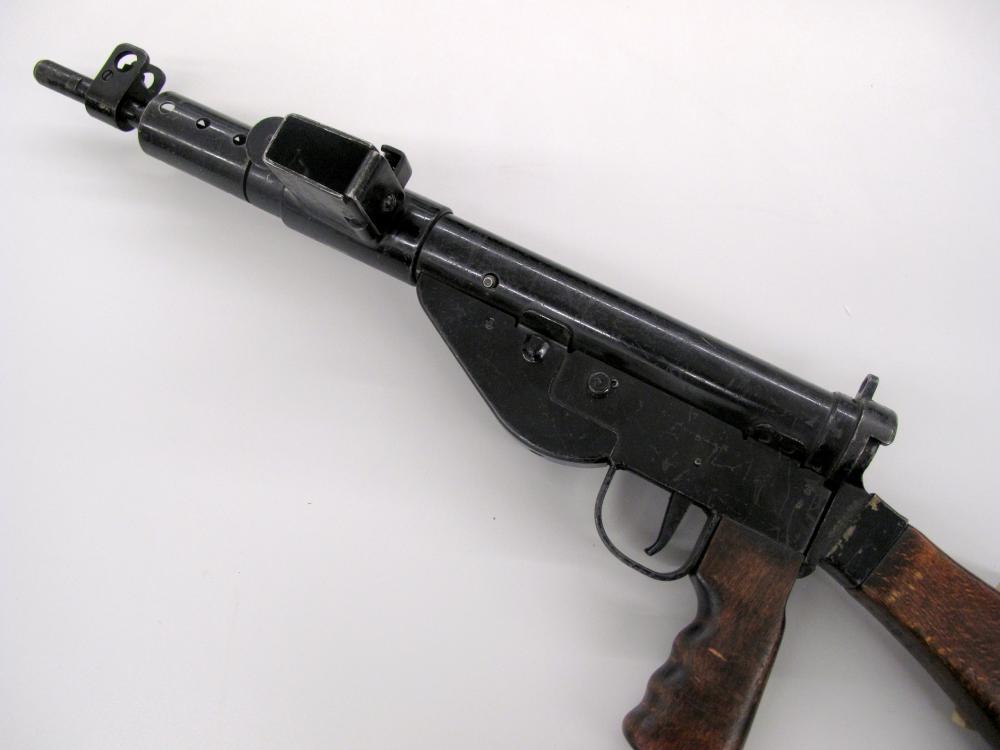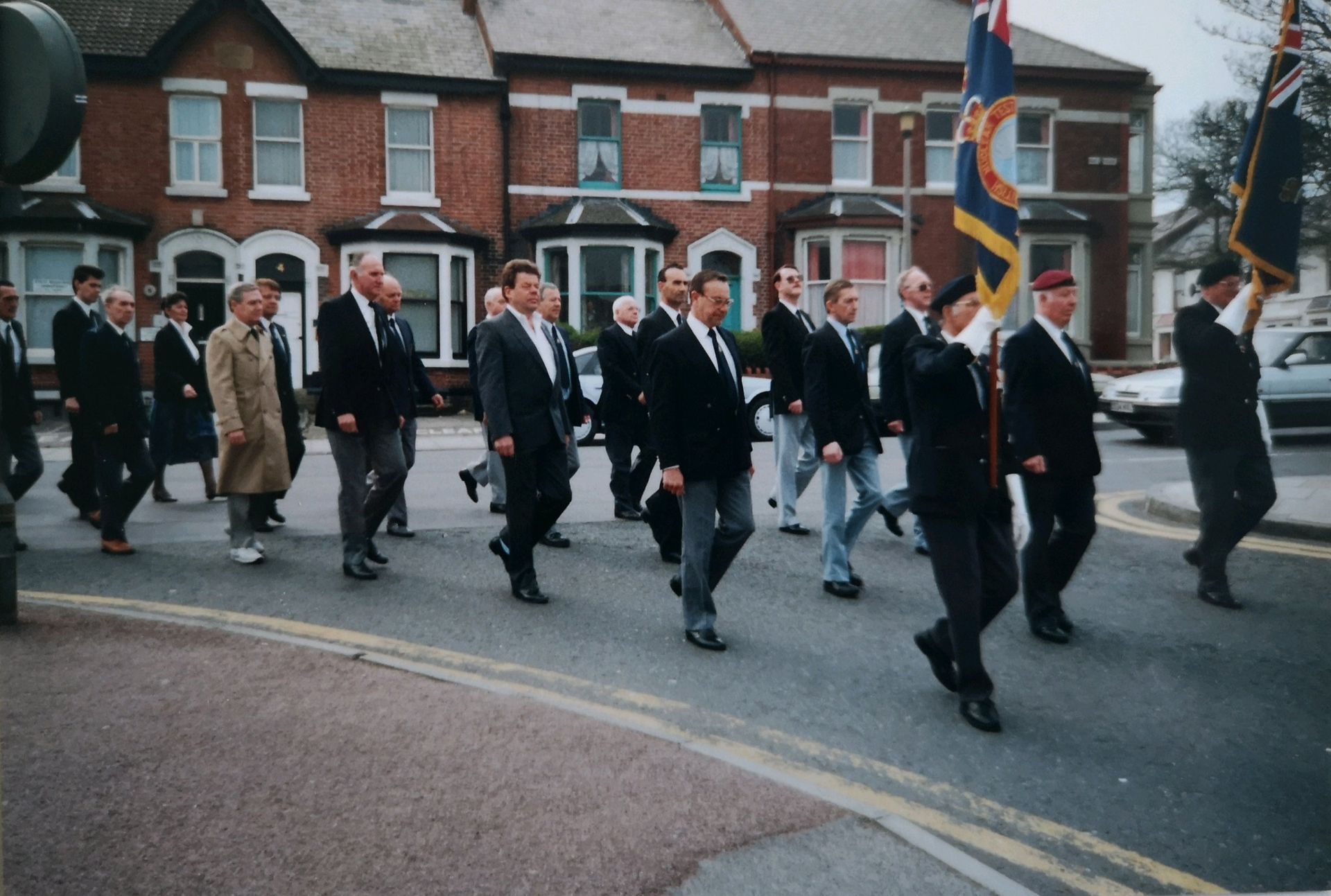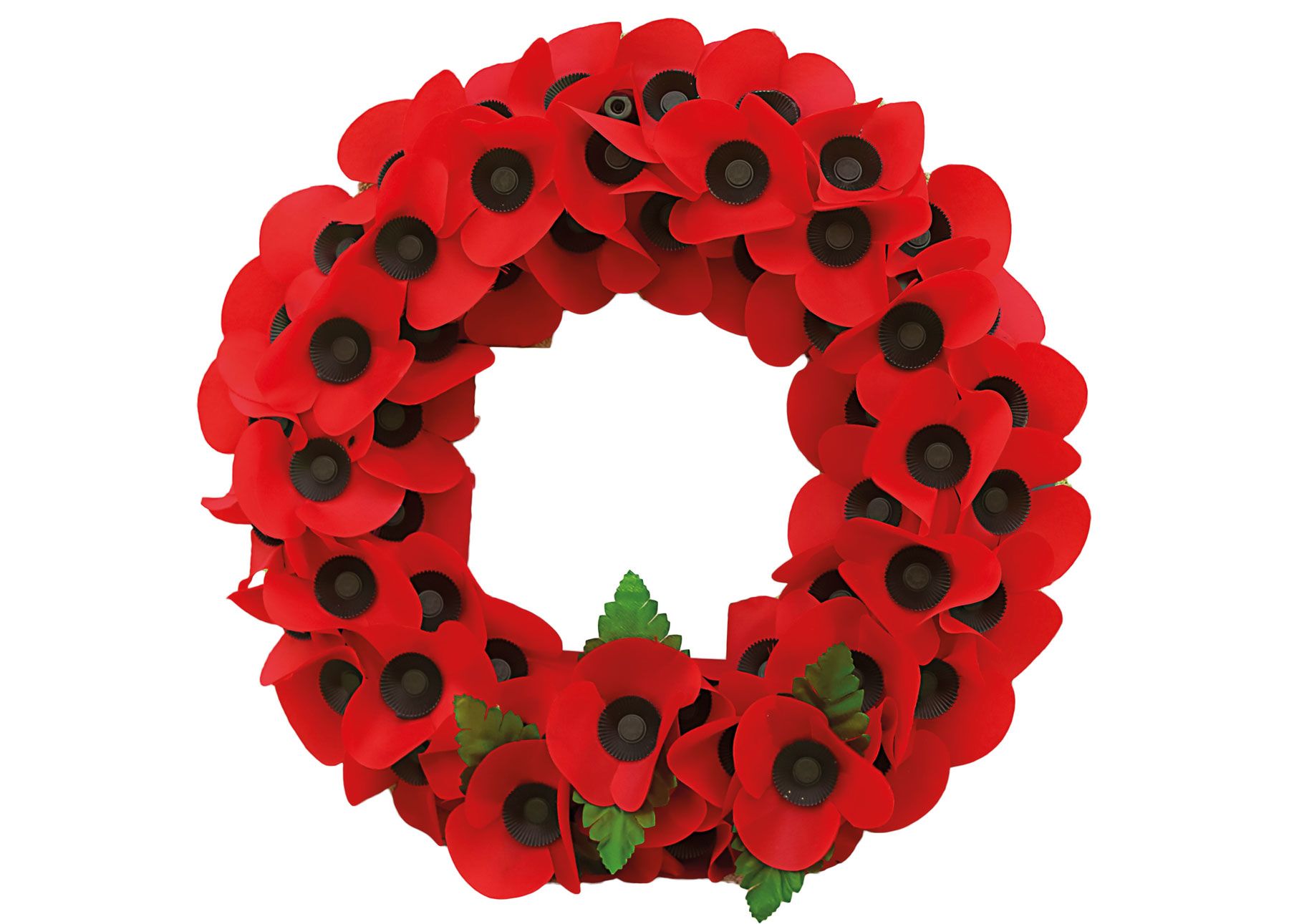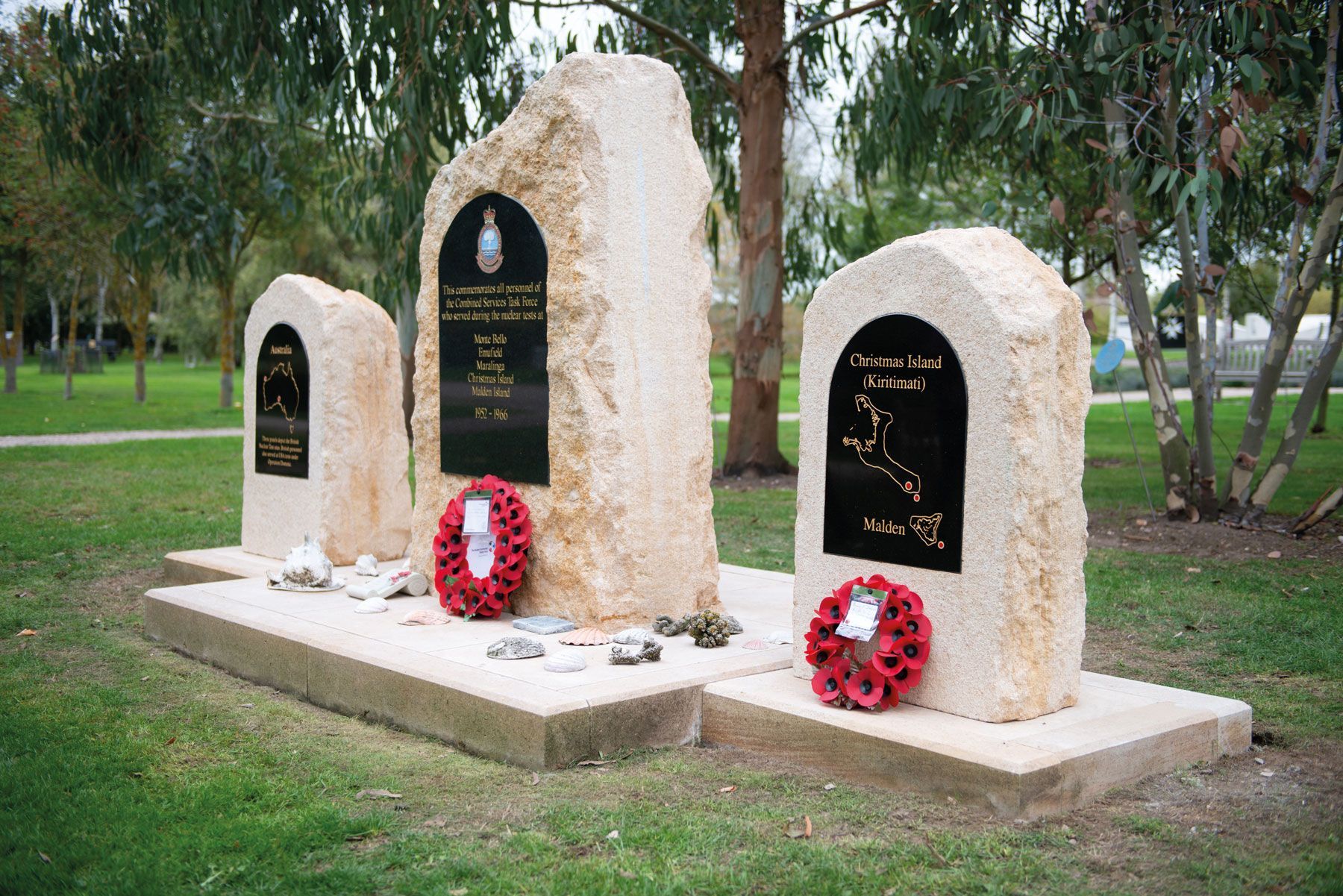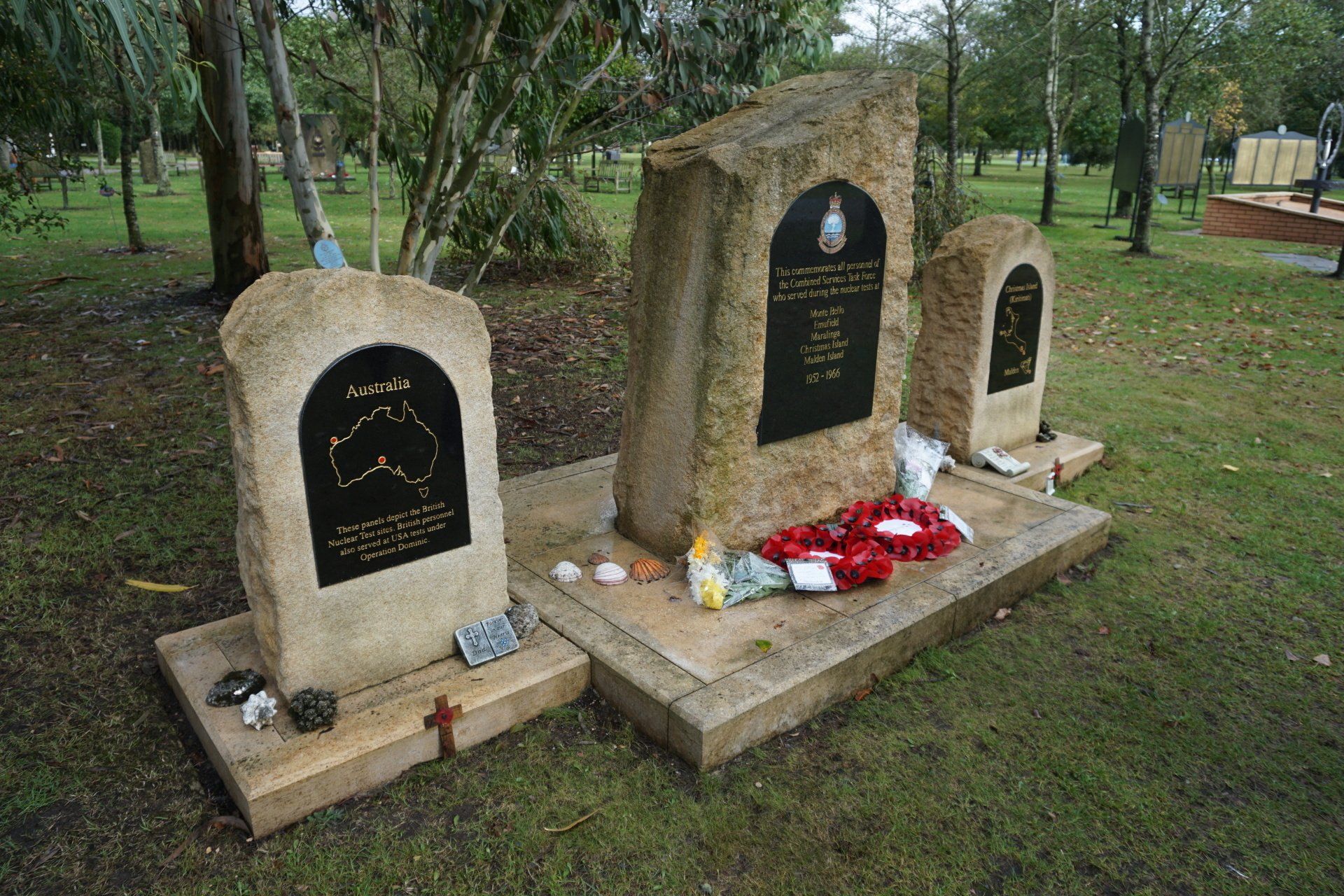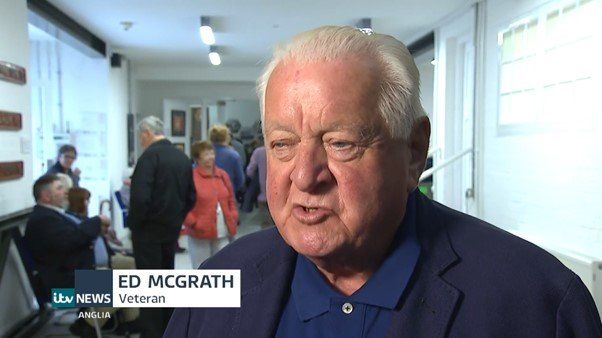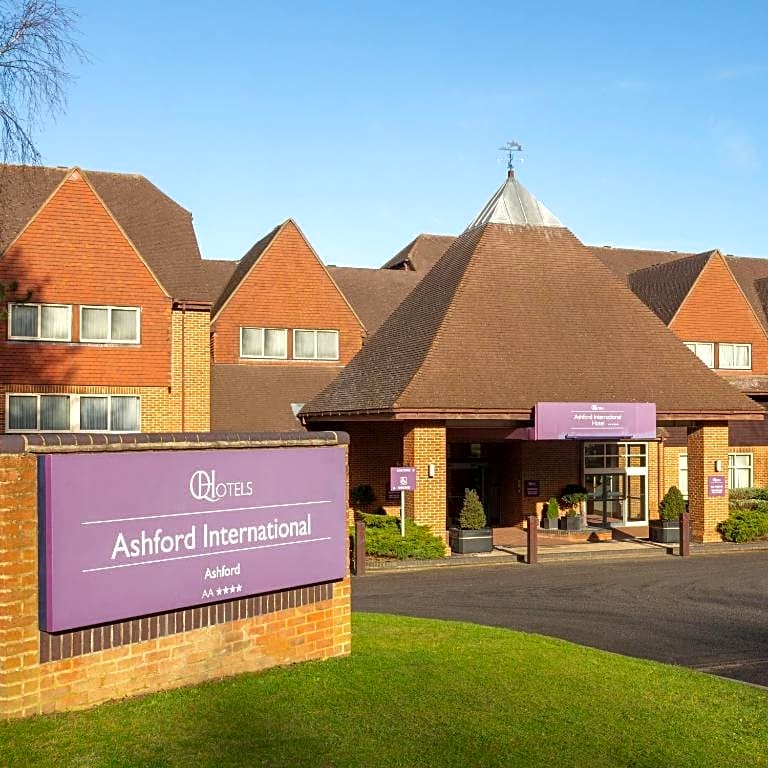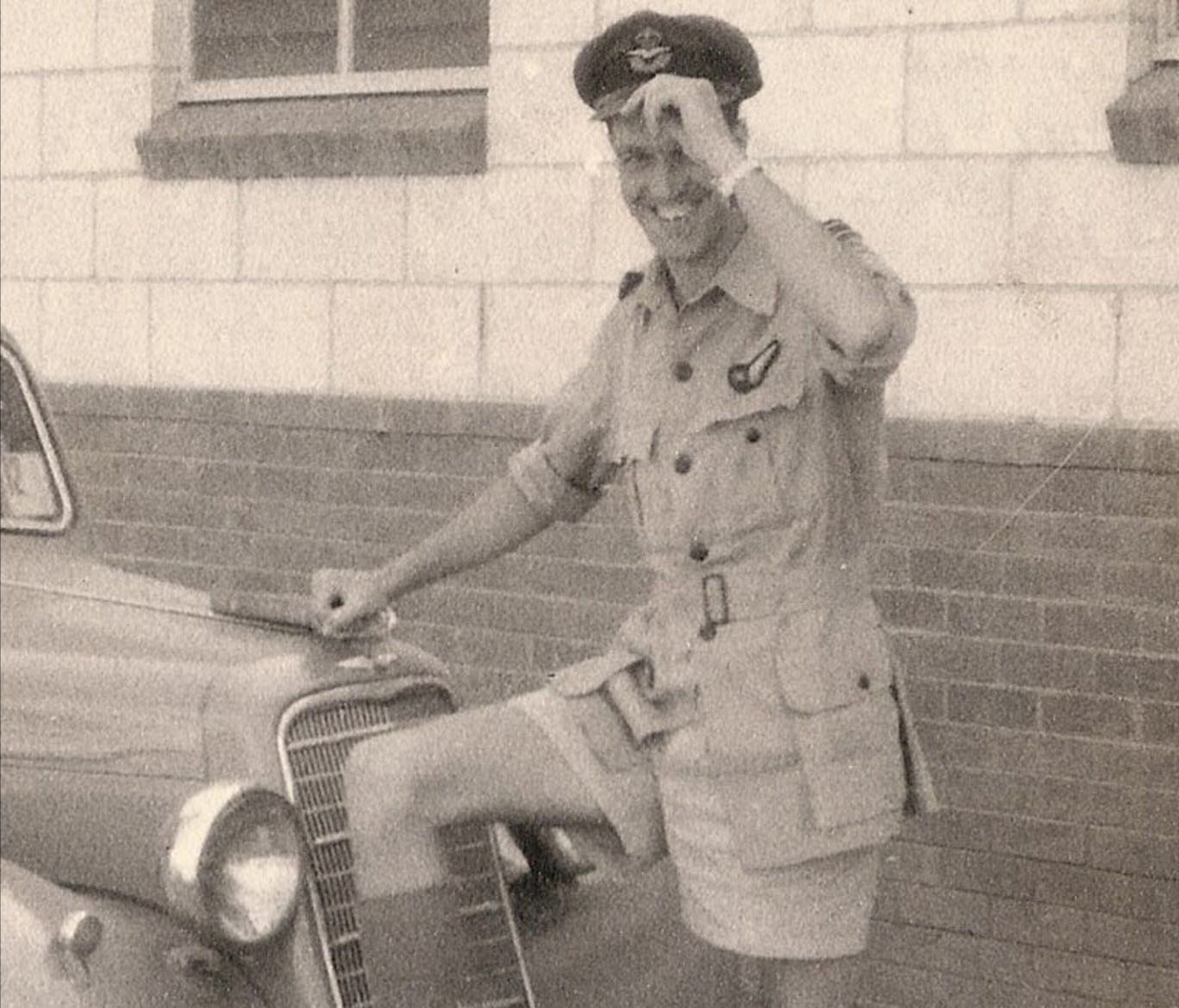The David Hunter Chronicles part 1- Tales of an Aldbrough lad; where do I go from here in life?
With thanks to David Hunter, British nuclear test veteran and present at Operation Antler, for his series of posts about life in the RAF from 1956.
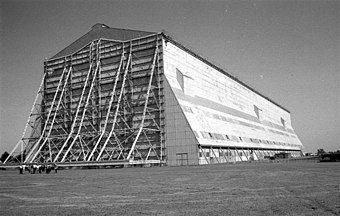
(The ex Airship Hangers at RAF Cardington, they were used as kitting out centres for we new recruits)
Times in Britain in 1956 were vastly different than they are in this day and age, but they were changing rapidly.
I was making slow, but steady progress within the small Middlesbrough Police force, but I could foresee problems in making my career in that worthy service.
We only had an establishment for 140 Constables, the Beat Bobbies were split between two divisions, Headquarters and South Division, which covered the new Council built estates to the south of the town. Others were involved in Road Traffic, CID, the Control of Aliens and Administration. There were about 25 Sergeants, supervised by Ten Inspectors, five Chief Inspectors and one Superintendents plus our Chief Constable Alf Edwards.
We had Durham County, which included Stockton and was a separate force South of the River Tees. Surrounding us we had the North Riding of Yorkshire, which included Redcar and South Bank to the East and Thornaby and Yarm to the West.
Never the three would mix.
I remember one incident very well, illustrating the disorganised state the service was in. I got a nine-double-nine call about a coal lorry, being stolen from its depot in Newport Road in Middlesbrough. I despatched “car eight”, a Vauxhall Wyvern to investigate the incident.
The driver radioed in on M2XZ that he was chasing the lorry, spilling its coal load along the Wilderness towards Thornaby, he needed to get permission to go into the North Riding area of Thornaby.
I telephoned Thornaby Police office, to get consent to enter their area, by this time “car eight” was going over Victoria Bridge and needed permission to go into Co. Durham’s area.
I then telephoned Stockton, but by this time “car eight” had radioed in to say that the stolen lorry had hit the traffic bollards at the end of Parliament Streetin Stockton. Chase over, the drunken driver was brought back to Middlesbrough Central and subsequently charged with all the paper work involved. How times have changed!
In those days, before Computers had been invented, all reports that the service depended on, had to be typed on manual typewriters. It was decided that as part of my training, I should be allowed day release to attend Constantine College to learn to operate a typewriter properly.
Here, being an eligible and handsome young man, I was soon fixed up with a blind date, with a young Middlesbrough lass, who was also at the college doing a secretarial course. Her dad was a Traffic Foreman in the Steelworks and her Uncle was a rising Star in North Yorkshire Police.
One of the difficulties I foresaw was that of possible promotion through the ranks.
Following the war years, many ex servicemen had joined Police Forces though-ought the British Empire. Many were now returning with ‘Colonial’ ranks, earned in Hong Kong, the African Colonies and the West Indies, this blocked any chances of many local junior officers.
National Service was still of course compulsory for all young fit men under 26, except those employed in exempted occupations. Now that I was ‘Courting Strong’ I had to make a decision, Should I stay in the Police Force and risk promotion being blocked?.
This carried the risk, that If I had subsequently left before the age of 26, I would still have it to do, not a bright prospect, in view of the fact that we were thinking about marriage by the time we were in our early twenties.
I quite enjoyed the work in the Police Force, except that while I was working within the CID, I realised that in many respects, they were ‘a law unto themselves’ many suspects exhibiting signs of brutal questioning – not for me, having been brought up in the calm of Aldbrough by God fearing parents.
When I got my National Service ‘Call up’ papers I therefore took the plunge.
I went to the local Royal Air Force recruiting office again and saw the Flight Lieutenant in charge who had guided me though the unsuccessful attempt to become Commissioned Aircrew.
“I want to come in the Air Force” I proclaimed, “for five or eight years” he asked,
“no just for my National Service, I have got the call up papers” – “We aren’t taking lads for National Service, you will have to go in the Army – You have no choice”. “I have”, I responded, “I have an employment exemption” He looked me straight in the eye, “I like your spirit lad, leave it with me and I will see what I can do”. Two days later he rang me at the CID office “I’ve got you in, you will be hearing from the Air Ministry later on”.
I put in my resignation to Middlesbrough Police, they had an obligation to take me back after the two years absence if I re-applied.
I enrol in the ‘University of life’
August 13th 1956 dawned bright and sunny and I was up early in my home in Stainton in Cleveland.
I was about to undertake a journey through a part of my life, that after the learning process of the previous eighteen years, was a great opportunity to mark out my path for the rest of my time on this earth.
Ever since my early childhood, on the farm at Aldbrough St John, I had enjoyed an interest in aircraft.
The radio news was however, full of talk of war again. A tripartite force was being organised by Anthony Eden against Nasser’s Egypt, who had arbitrarily nationalised the Suez Canal. This was seen as being against Britain’s essential interests, as it was a key element in our communications with the Empire in India and the East.
On this fine August 1956 morning, I said good-by to my parents and brothers and took the bus from Stainton to Acklam to visit my girl friends family. Later we re-boarded a bus to the Railway Station, bound for Darlington and my journey south to Royal Air Force Cardington in Bedfordshire, the reception and kitting out centre for all new recruits at the time.
Darlington Bank Top Station was in chaos, full of anxious men, all reservists, who were being recalled for the impending invasion of Egypt.
I had been on a weeks finishing leave from the Police force. My girlfriend also had leave from the finance company for which she worked. At Darlington we met her boss.. Dapper as ever, in military uniform was “Major Elliott”, bank manager turned Reservist Army Officer. He had had two days notice of a recall, such was the urgency of the situation.
On the way south to Sandy for a change of train to the Bedford line, the carriages were full of drunken hairy armed Scottish reservist, drowning their fears for the future. Not a good start for an innocent lad!
At Bedford Station I had a culture shock. Volunteers for longer service were separated from National Service conscripts. Volunteers were being loaded onto coaches, the rest of us, into covered Bedford trucks, with wooden benches for the three mile journey to Cardington.
The trucks pulled up on the parade ground in front of the massive Hangers, once used to house Airships.
Corporals invited regulars to get out of the coaches, and then they banged on the sides of the trucks, carrying us conscripted men, with their batons.
“Out – Out – Out you “Bs” they shouted, all in an effort to show us that we should sign on for longer periods than our two years, for an easier life!.
We were separated into different billet huts, next morning we were paraded, a motley shower of spotty faced youths and mother’s boys being addressed by a fierce drill sergeant with belt, stamping boots and a swagger stick.
“Those who want to sign on, to the left”,” - “those who want two years of hell, to the right” - I stayed to the right.
Then it was into the cavernous hanger and great queues at the kitting out counters, ill fitting blue serge uniforms, hats, boots, regulation underwear, a mug and an airman’s best friend, his housewife (a sewing kit) being issued.
After two days, the pressure was eased. Whatever our service plans, we were all loaded into the trucks again to the Station. Then a hundred of us made the long journey to RAF Bridgnorth near Wolverhampton, which was to be our home for the next six weeks for our basic training ‘square bashing’.
Although the training was hard and the living accommodation and food were Spartan, I quite enjoyed it. At least I had some idea about self sufficiency, my Boy Scout training standing me in good stead.
We drilled every day, washed in communal ablutions, and had weapon training on 303 rifles and Bren Guns. More drill, meals in the mess, marching down with our issue mugs and cutlery held behind our backs in our left hand. In the afternoon, more drill, “left – left, left - right - left”. The evenings were spent spit and polishing our rough leather studded boots till you could see your face in them.
I knew the ropes and tried my best, as a result after two weeks, I was appointed to “Right Marker” and issued with a white belt to signify my rank over the shambling but rapidly improving “erks”.
This brought privilege, I was in charge of the twenty man billet, having to supervise and organise its daily “bull session”. I had to make sure that all were ready for our 06.30 call to the parade ground.
Once on the parade ground I had to get the men into basic order. When the puttee and boot wearing Drill Corporal gave the order “”Right Dress” they all had to line up on me – a very important person!
What a grand bunch they turned out to be, from many backgrounds. The lad in the next bed to me was a West Indian, straight off the boat from tiny St. Kitts Nevis Island, quite unused to modern western ways, the Surrey lad on the other side was Public School educated from the wealthy Gillett family, makers of razor blades to the world, but we all soon gelled together in adversity.
That’s all for this episode, next time, I learn my trade and put it into practice.
